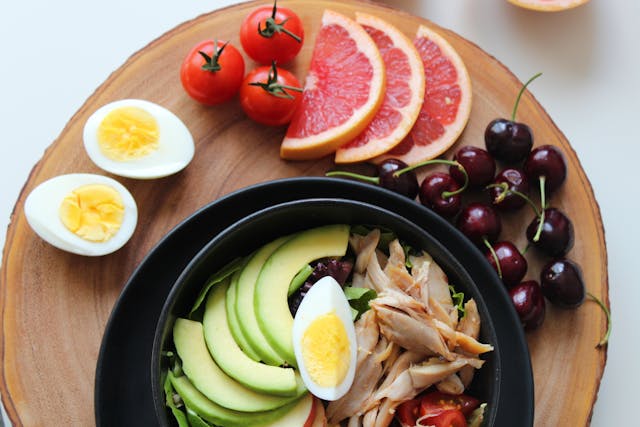As a new parent, embarking on the journey of introducing solid foods to your baby can be both exhilarating and daunting. Suddenly, you’re faced with a myriad of decisions about what, when, and how to feed your little one. In this comprehensive guide, we’ll delve into the world of baby nutrition, exploring the dos and don’ts of feeding your baby during their crucial first year of life.
Table of Contents
Honey – A Sweet but Forbidden Treat
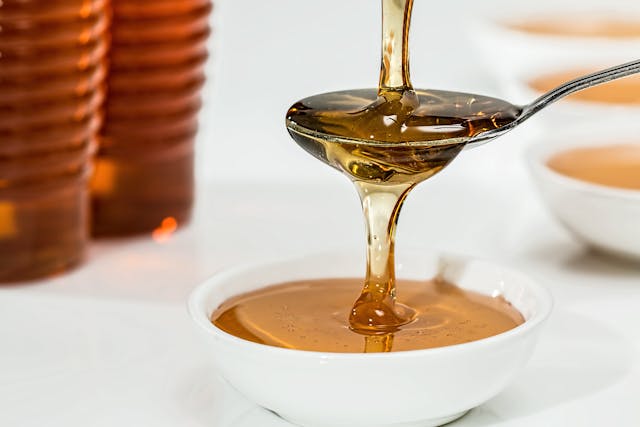
You’re spreading a dollop of golden honey on your morning toast when suddenly, you remember your baby’s eager eyes watching your every move. But wait – is it safe to share this sweet delight with your little one? The answer may surprise you. While honey is a natural sweetener cherished by many, it harbors a hidden danger for infants under the age of one.
Clostridium botulinum, a bacterium found in honey, can spell trouble for your baby’s delicate digestive system. Even in trace amounts, these spores can lead to infant botulism, a rare but serious condition characterized by muscle weakness, difficulty breathing, and feeding problems. To keep your baby safe, it’s best to steer clear of honey until they reach their first birthday.
Fruit Juice – Proceed with Caution

As you stroll down the grocery aisle, you’re tempted by the vibrant array of fruit juices lining the shelves. Surely, a splash of apple or orange juice would make a refreshing addition to your baby’s diet? Not so fast. While fruit juice may seem like a healthy choice, especially when diluted with water, it’s important to exercise caution when offering it to your little one.
The American Academy of Pediatrics advises against serving fruit juice to infants, citing concerns about its nutritional value and potential health risks. Not only is fruit juice devoid of essential nutrients found in whole fruits, but it can also cause gastrointestinal distress, including diarrhea and flatulence. Additionally, the acidic nature of fruit juices can erode tooth enamel, leading to dental problems down the road. When it comes to quenching your baby’s thirst, water and breast milk or formula are the best options.
Cow’s Milk – Not Just for Calves
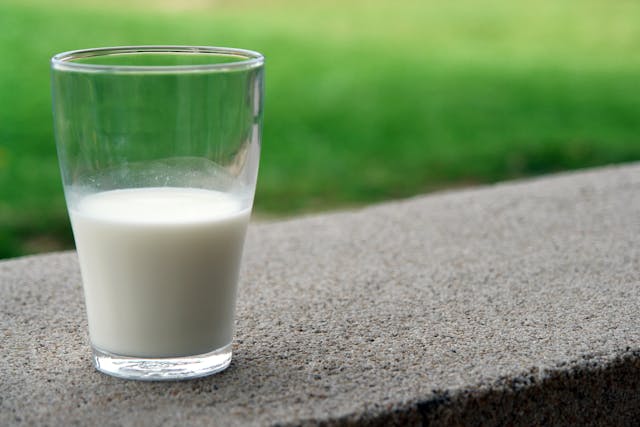
As your baby approaches the six-month mark, you may find yourself contemplating the transition from breast milk or formula to cow’s milk. After all, cow’s milk is a staple in many households and offers a convenient alternative to nursing or bottle-feeding. However, before you pour a glass for your little one, it’s essential to understand the potential pitfalls of introducing cow’s milk too soon.
While small amounts of cow’s milk in products like cheese and yogurt are generally safe for babies after six months of age, the American Academy of Pediatrics recommends delaying the switch to cow’s milk as a primary beverage until your baby reaches their first birthday. Why the wait? Unlike breast milk or formula, cow’s milk lacks essential nutrients like iron and can be high in sodium, which may strain your baby’s immature kidneys. To ensure your baby receives the nutrients they need for healthy growth and development, stick with breast milk or formula as their main source of milk until their first birthday.
Eggs – A Nutrient Powerhouse or a Potential Hazard?

As you whip up a batch of scrambled eggs for breakfast, you may be tempted to share a bite with your baby. After all, eggs are a nutrient powerhouse, packed with protein, vitamins, and minerals essential for growth and development. But before you crack that shell, it’s crucial to consider the potential risks associated with feeding eggs to infants.
While eggs can be introduced to babies as early as six months of age, undercooked or raw eggs should be avoided due to the risk of salmonella contamination. Salmonella infection can cause severe gastrointestinal symptoms, including nausea, vomiting, and diarrhea, which can be especially dangerous for infants. To ensure your baby’s safety, always cook eggs thoroughly before serving them and avoid raw or undercooked egg-based dishes.
Fish – A Catch-22 for Infant Nutrition
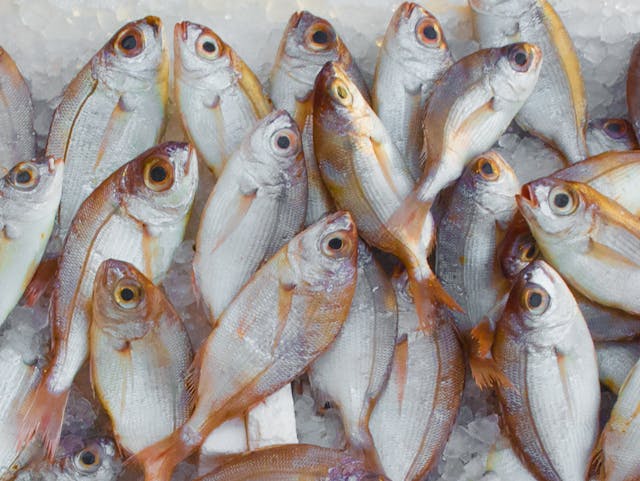
You’ve heard about the benefits of omega-3 fatty acids found in fatty fish like salmon and mackerel, and you’re eager to incorporate them into your baby’s diet. But before you reel in that catch of the day, it’s essential to navigate the murky waters of fish consumption during infancy.
While fish is a valuable source of protein and essential nutrients, certain types of fish may contain high levels of mercury, a toxic metal that can harm a developing nervous system. Fish such as shark, swordfish, and king mackerel are notorious for their mercury content and should be avoided during pregnancy and infancy. Instead, opt for low-mercury fish like salmon, trout, and haddock, and limit your baby’s consumption to once or twice a week to minimize their exposure.
High-Salt Foods – A Recipe for Disaster

As you season your dinner with a pinch of salt, you may wonder whether it’s safe to introduce salty foods to your baby’s palate. After all, humans need sodium for various bodily functions, but too much salt can spell trouble, especially for young children.
Babies’ kidneys are still developing and may struggle to process excess salt, leading to potential health problems like kidney damage and high blood pressure later in life. To protect your baby’s health, limit their salt intake to less than one gram per day until they reach their first birthday. Avoid adding salt to your baby’s food and steer clear of high-salt processed foods, opting instead for homemade meals prepared with fresh ingredients.
Choking Hazards – Proceed with Caution
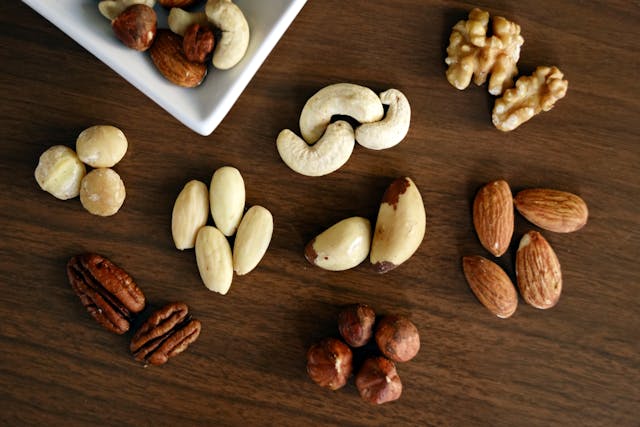
As your baby eagerly explores the world of solid foods, you’re keen to introduce them to a variety of tastes and textures. But amidst the excitement, it’s essential to be mindful of potential choking hazards lurking in your baby’s meals.
Certain foods, such as hard, round-shaped items like grapes and nuts, and tough, fibrous foods like raw carrots and celery, pose a choking risk for babies, whose small airways and developing chewing skills make them vulnerable to obstruction. To minimize the risk of choking, prepare foods in a way that makes them easier for your baby to handle, such as cutting grapes into quarters and cooking or mashing hard vegetables.
Final Words
As you embark on the adventure of introducing solid foods to your baby, remember that safety and nutrition are paramount. By being mindful of the dos and don’ts outlined in this guide, you can navigate the complexities of infant nutrition with confidence, ensuring that your little one enjoys a healthy and happy start in life. So go ahead, savor every moment of this exciting journey, and watch as your baby blossoms into a confident and adventurous eater.
Featured Image by Jane Doan
